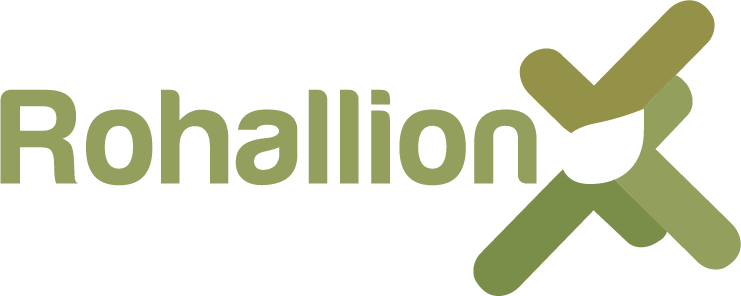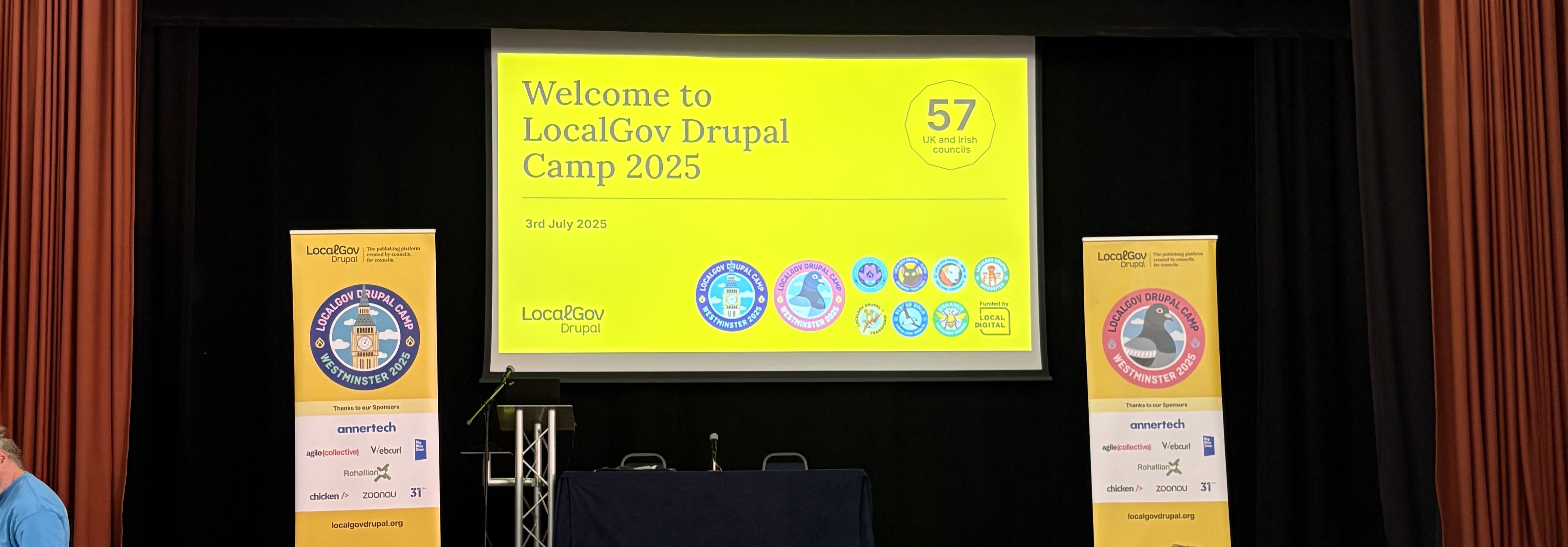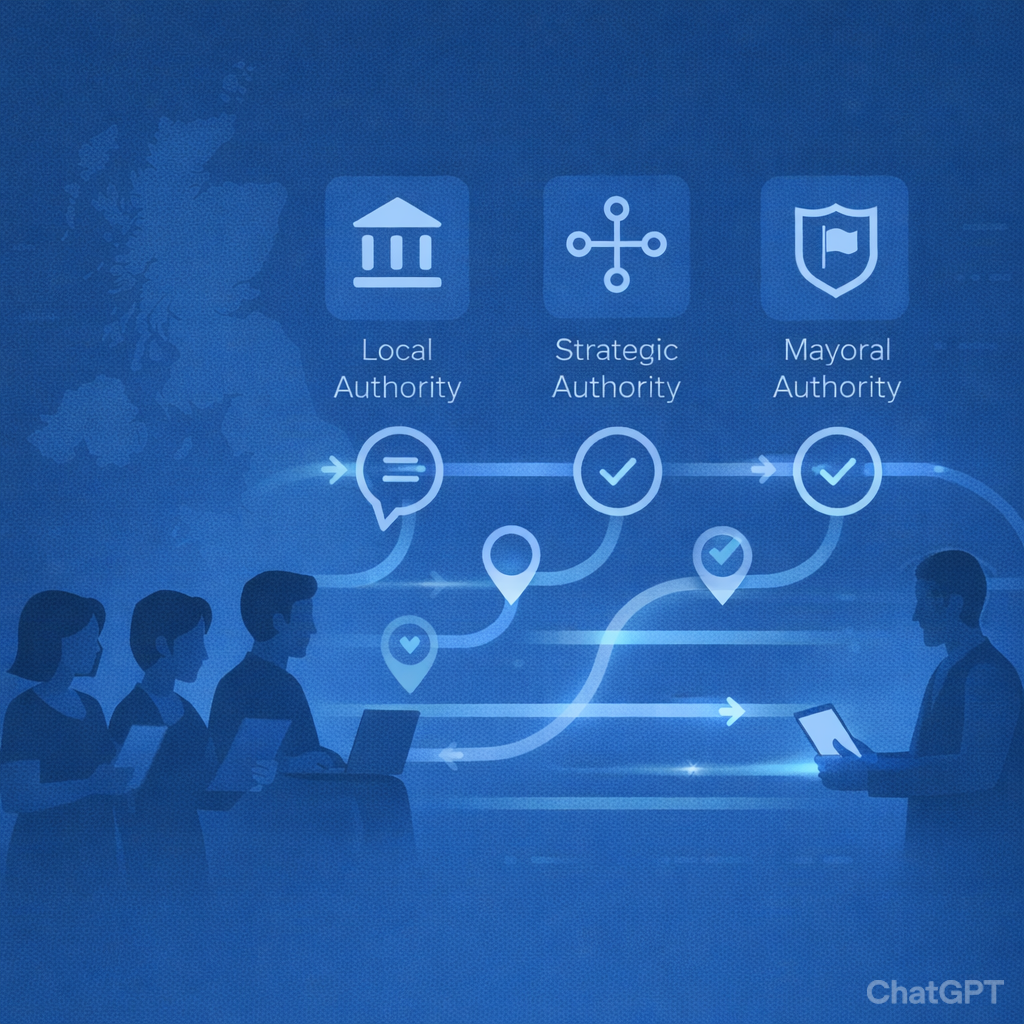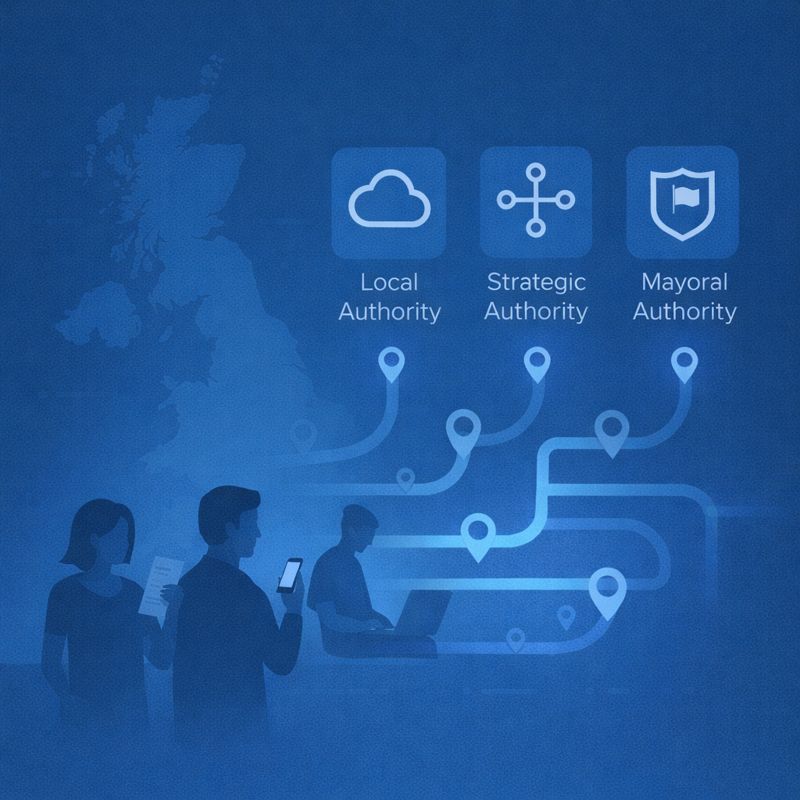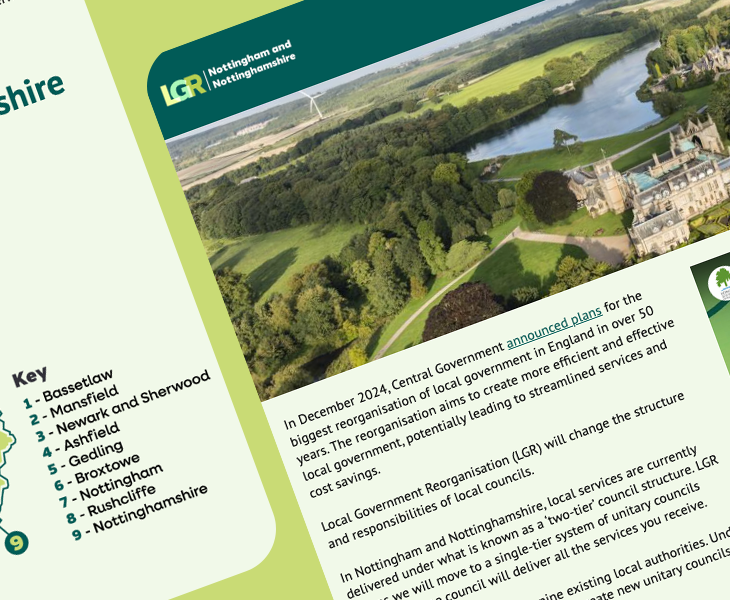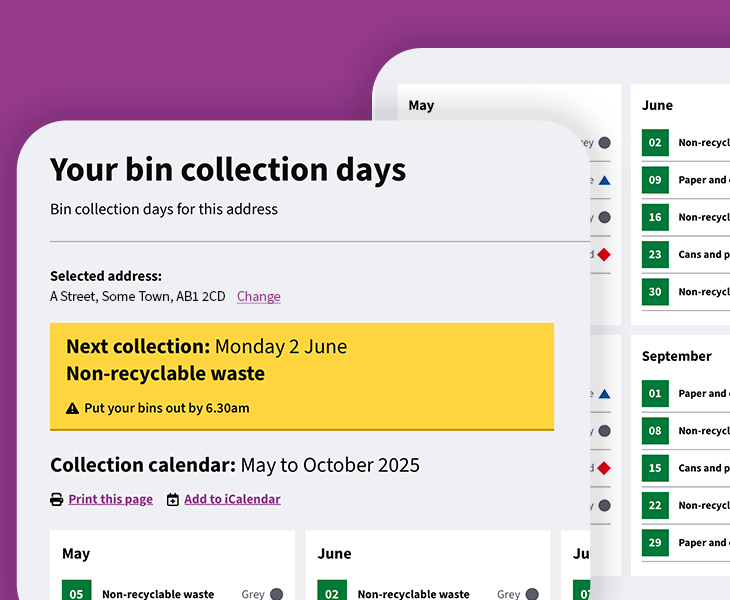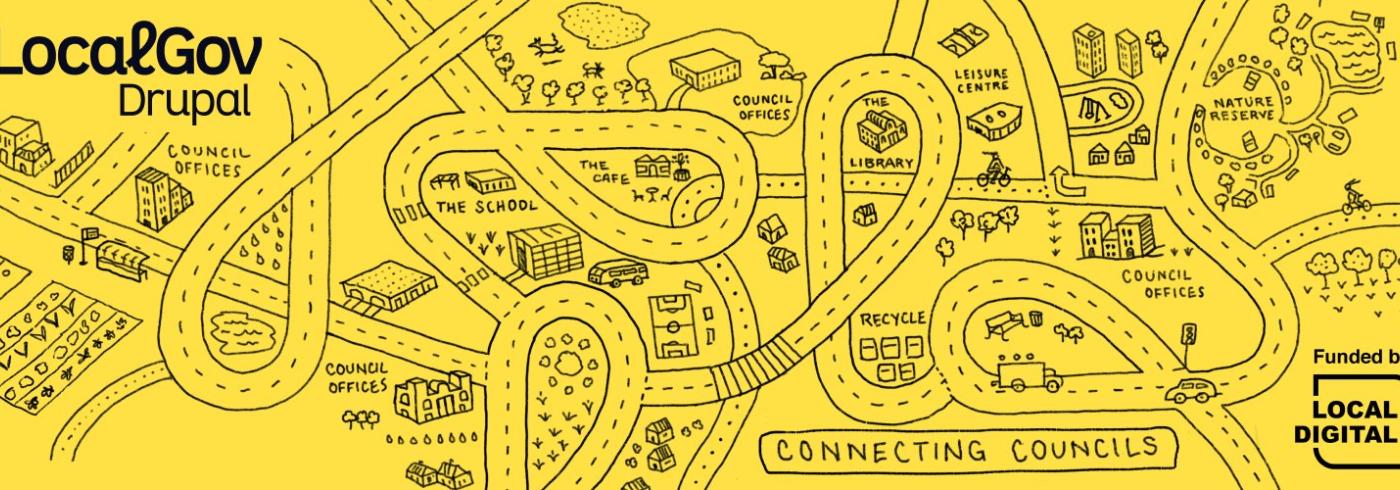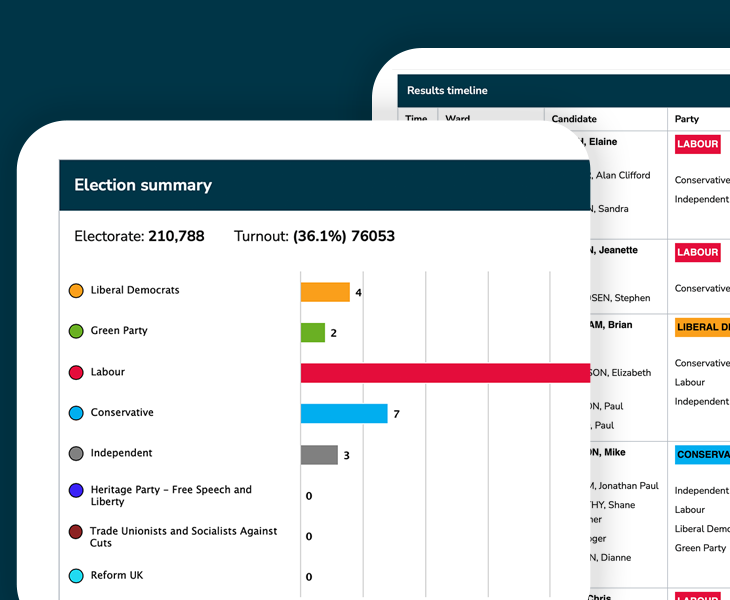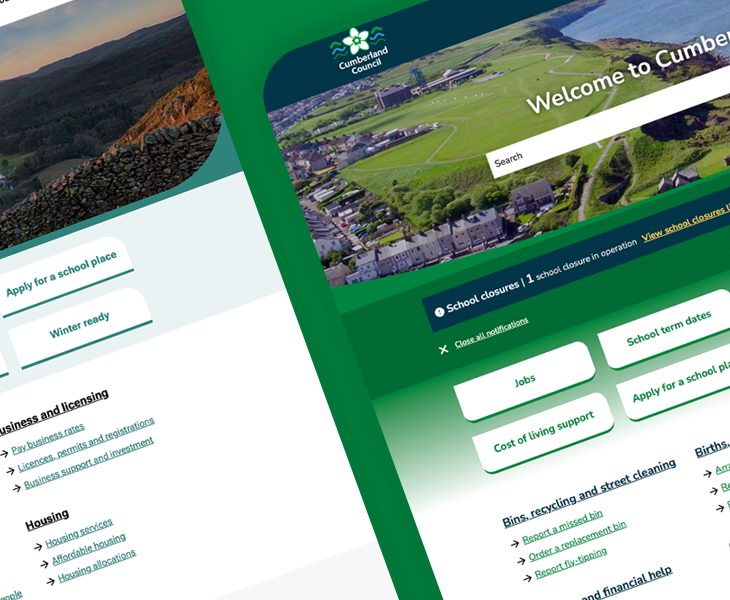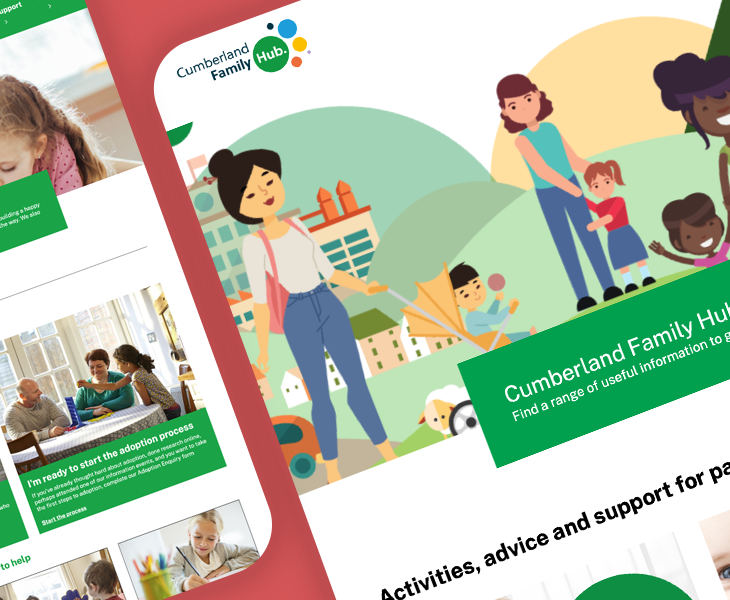04 July 2025
|
Duncan Davidson
Reflecting on LocalGov Drupal Camp 2025
Yesterday, Marek and I made our way to Westminster for LocalGov Drupal Camp 2025, and what a brilliant day it turned out to be. As someone who's been involved in the Drupal community for over 15 years, these events never fail to remind me why I love working in this space. The combination of technical innovation, community spirit, and the shared mission of improving digital services for local government makes for a uniquely rewarding experience.
Building better resident transactions
The day kicked off with Alex Sturtivant from the Royal Borough of Greenwich showcasing how they're using LocalGov Drupal to improve resident transactions through the use of webforms combined with Gov.uk Pay integration to streamline the user experience. It's always satisfying to see practical solutions that make a real difference to how residents interact with their council.
The session also got me thinking about something we encounter regularly in our work - the widespread use of gazetteers across council websites. Whether it's for waste collection calendars, planning applications, or service lookups, almost every council site needs some form of address or location-based functionality. There might well be an opportunity for a dedicated module to handle this more efficiently, something we could potentially explore for our Waste Calendar module.
Learning from intranet innovation
The second session I attended was particularly relevant to our work with Cumberland Council. Sucharitha Revanuru from Essex County Council and Craig Barker from Cumberland presented on developing intranets as products, and it was fascinating to see how Essex has approached their comprehensive intranet development using LocalGov Drupal.
Cumberland is following a similar path, but as Craig explained, they're dealing with the additional complexity that comes with Local Government Reorganisation and multiple legacy systems. It's a challenge we know all too well from our experience working with them through their transition.
What became clear from both presentations is that while the technical requirements for intranets and corporate websites are remarkably similar, the real success factors lie elsewhere. Governance, policy development, procedure management, and crucially, user engagement and research are what determine whether these projects truly serve their intended purpose.
The strength of community
One of the highlights was Tony Barker from Annertech and Finn Lewis, the LocalGov Drupal Tech Lead, discussing how LocalGov Drupal fits within the broader Drupal ecosystem. Their presentation on migrating to Drupal.org and leveraging the credits system was a wonderful reminder of what makes the Drupal community so special.
Having been part of this community for over 15 years, I sometimes take for granted the collaborative spirit and mutual support that defines how we work together. The benefits flow in all directions - to users who get better software, to agencies who can build on solid foundations, and to clients who receive more value for their investment.
The credits system they discussed will be particularly valuable for councils, providing a way to demonstrate their contributions to LocalGov Drupal beyond just code. Whether through funding, testing, documentation, or advocacy, there are many ways to support the platform, and having a system to recognise these contributions feels like a positive step forward.
Tackling the PDF challenge
The final session I caught was Rupert Jabelman from Chicken and Andy Broomfield from Brighton & Hove City Council demonstrating their new community-funded tool for importing PDFs into LocalGov Drupal Publications. Anyone who's worked with councils knows that PDFs are simultaneously essential and problematic - necessary for preserving document integrity but terrible for accessibility and mobile use.
This new module offers a practical middle ground. While it's not a complete solution to the PDF problem, it's definitely a time-saver that will reduce the tedious copy-and-paste work that currently dominates content migration projects. The imported content will still need careful checking for accuracy, but anything that streamlines this process is welcome.
Marek's journey through the sessions
Marek's day followed a different path through the programme, and his experiences highlight just how valuable these events are for both networking and technical learning. For him, this was particularly special as it provided the first opportunity to meet face-to-face with many people he'd only known through virtual calls. Working across the entire UK as we do, these in-person connections are invaluable.
His first session was with Meri Wilson, from GAIN, focusing on busting accessibility myths and moving beyond simple checklist approaches. Meri covered a comprehensive range of considerations that everyone involved in building websites should pay attention to, including different interaction modes like keyboard navigation, screen readers, magnification and contrast tools, and support for deafness and cognitive differences.
The session delved into proper ARIA implementation, the critical importance of content structure and hierarchy, and the need for meaningful link text. What really resonated with Marek was Meri's explanation of the different types of disabilities users might face - permanent, temporary, situational, visible, and invisible. Her statistic that around 25% of people face one of these disabilities, representing 14-16 million potential users in the UK alone, really drives home why accessibility isn't just a nice-to-have feature.
Meri also highlighted the importance of both the Web Content Accessibility Guidelines international standards and the UK Public Sector Bodies Accessibility Regulation from 2018, emphasising that these aren't just suggestions but legal requirements that we all need to understand and implement properly.
Marek's second session was the show and tell of LocalGov Drupal's new listings feature - the LocalGov Events & Finders module, hosted by Rupert Jabelman from Chicken and Ryan Falcon-Hay from Hammersmith & Fulham Borough Council. This session was particularly valuable as it addressed real problems that councils face with existing directory and events modules.
They explained how this new module works similarly to directories but with enhanced functionality for creating multiple event channels, including support for recurring events. The ability to search and filter listings in both list and calendar views addresses many of the limitations councils currently face when trying to present event information effectively.
Rupert's demonstration showed the module from both the content editor's perspective and the end-user experience, which was particularly helpful for understanding how it would work in practice. These kinds of practical demonstrations are invaluable for seeing how theoretical features translate into real-world usability.
After lunch, Marek attended the session with Catherine Barton and Jennifer Scopes from Essex County Council, along with Paul Jenkins from Big Blue Door. This case study approach was particularly informative, as Catherine and Jennifer explained how Essex incorporated the LocalGov Drupal framework into their existing infrastructure, workflow, and team environment.
Their insights into the migration process were especially valuable, particularly their honest discussion of the challenges they encountered and the lessons learned along the way. Having a client perspective on the practical realities of adopting LocalGov Drupal provides crucial insights that complement the technical presentations.
Paul's contribution about how Big Blue Door supported Essex throughout the process added another dimension, showing how agencies and councils can work together effectively during these transitions. The collaborative approach they described mirrors what we try to achieve with our own clients.
Marek's final session was with Lewis Gallagher from Netcall, exploring their new AI-powered chatbot feature that councils can implement on their websites. Lewis explained not just how the module looks and works from the Drupal perspective, but also the backend processes for gathering, transforming, and using available data.
This AI-based solution represents an interesting development for councils looking to improve their digital services, and Lewis spent considerable time discussing it with participants. The session included valuable dialogue between content editors and developers, with Lewis addressing concerns and questions about implementation, functionality, and governance of AI-powered features.
The bigger picture
What struck me most about this year's camp was the recurring theme of Local Government Reorganisation. Given our experience working with councils through these complex transitions, it was interesting to hear how widespread these challenges are and how different organisations are looking to approach them.
The LocalGov Drupal team did a fantastic job organising the event, creating plenty of opportunities for both formal learning and informal networking. Meeting clients and partners in person for the first time was particularly rewarding - there's something about face-to-face conversations that just can't be replicated on video calls.
The diversity of attendees, from content editors to developers to council executives, created a rich environment for discussion and collaboration. Everyone brought their own perspective on the challenges facing local government digital services, and the solutions being developed to address them.
Looking ahead
Events like LocalGov Drupal Camp reminded us why we are passionate about this work. Yes, we're building websites and managing content, but ultimately we're helping councils serve their communities better. Whether it's making it easier for residents to pay council tax, helping people find the services they need, or ensuring that information is accessible to everyone regardless of their abilities, the work we do has a real impact on people's daily lives.
The community that's grown around LocalGov Drupal continues to impress with its collaborative spirit and shared commitment to improving local government digital services.
Both Marek and I came away from the camp with new ideas, renewed enthusiasm, and valuable connections that will undoubtedly benefit our work in the months ahead. The combination of technical innovation, practical case studies, and community collaboration makes these events essential for anyone working in this space.

Let's start a project together...
Simply fill in this form with your key details and we'll be in touch.
